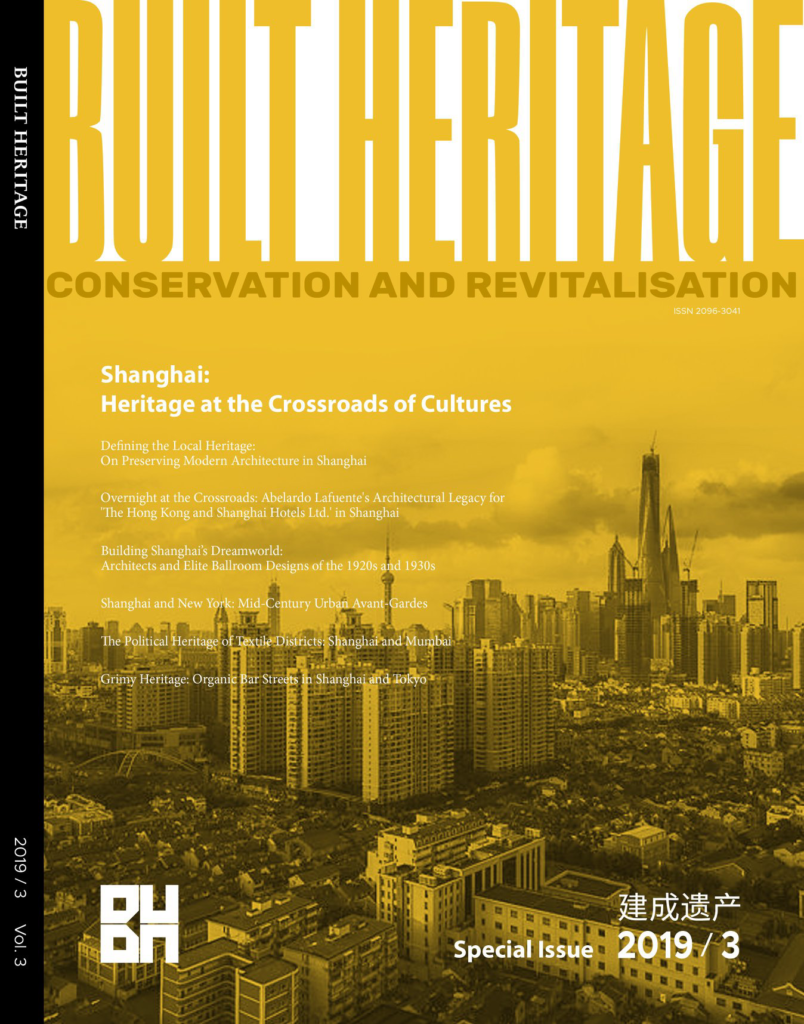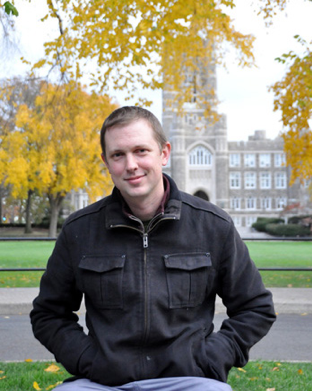
Chris and his book at the Bronx Beer Hall
Big news this week as Cambridge University Press announces the publication of the new book Oil Revolution:Anticolonial Elites, Sovereign Rights, and the Economic Culture of Decolonization by Fordham History’s own Professor Christopher Dietrich. The eagerly awaited volume is the result of many years of scholarship by Dietrich. Emerging from his doctoral work at the University of Texas at Austin, Dietrich’s book tackles a topic of major significance, not only for the history of twentieth-century US foreign relations, but to the shape of the world today:
According to the website of Cambridge University Press:
Through innovative and expansive research, Oil Revolution analyzes the tensions faced and networks created by anti-colonial oil elites during the age of decolonization following World War II. This new community of elites stretched across Iran, Iraq, Saudi Arabia, Venezuela, Algeria, and Libya. First through their western educations and then in the United Nations, the Arab League, and the Organization of Petroleum Exporting Countries, these elites transformed the global oil industry. Their transnational work began in the early 1950s and culminated in the 1973–4 energy crisis and in the 1974 declaration of a New International Economic Order in the United Nations. Christopher R. W. Dietrich examines how these elites brokered and balanced their ambitions via access to oil, the most important natural resource of the modern era.
The History Department remembers fondly when leading scholars in Dietrich’s field, including Mark Bradley of the University of Chicago, Monica Kim of NYU and Craig Daigle at City College joined Fordham’s own Asif Siddiqi and other faculty and students to workshop the book manuscript in the Spring semester of 2015. It was clear then that this was an exciting project, and the glowing series of endorsements from major figures in Dietrich’s field on the book’s back cover make it clear that he has brought the project to its full fruition. Congratulations Chris!
Oil Revolution: Anticolonial Elites, Soveriegn Rights, and the Economic Culture of Decolonization by Christopher Dietrich is currently available in paperback and hardback.






